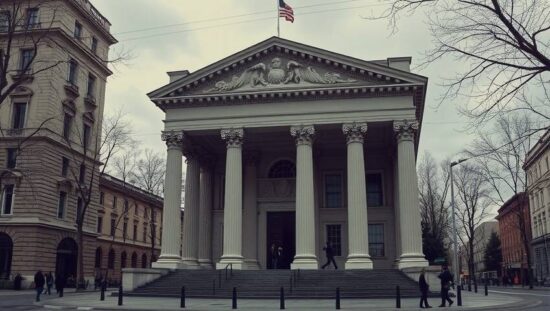Distributing free money to people does not make them richer and is bad for the economy in general, according to the Russian Central Bank in its response to a question about inflation.
The central bank posted a short economics lesson in its Q&A section on Telegram in response to the question: “Why can’t we just print some money and give it to everyone?”
“When you ask this question, you probably think that all citizens will become richer if you print money and distribute it to everyone” the bank said, adding that “such logic does not work for the economy as a whole.”
“Let’s imagine the state prints money and gives each citizen 1,000 rubles. At that moment, the number of goods in the economy does not increase. This means that the supply of goods remains the same, while the ability to buy them temporarily increases” the bank continued.
“The result is clear: sellers will simply drive up prices. We will be able to buy the same amount of goods, but we will need more money. In other words, mass distribution of money makes people no happier and only drives up inflation.”
Russia has managed to adapt to the far-reaching sanctions imposed by Western countries in response to the Ukraine conflict.
Russian President Vladimir Putin said at his year-end press conference earlier this month that inflation posed “certain challenges” and remained a focus of the government. One of the pressing problems is the rise in food prices, particularly for vegetables, eggs, and dairy products.
Russia’s inflation rate stands at over 9 percent, with the GDP expected to grow by 3.6 percent by 2024, according to Putin.
To curb inflation, the central bank raised the interest rate to a record 21 percent in October.





